.jpg)
German families seeking accessible and innovative options for managing Autism Spectrum Disorder (ASD) are increasingly exploring Autism Stem Cell Therapy in Turkey. This choice is often motivated by the promise of therapies that address core symptoms such as cognitive and social difficulties through a biological approach focused on reducing neuroinflammation and improving neural connectivity.
Turkey has positioned itself as a key destination in medical tourism by offering Mesenchymal Stem Cell (MSC) therapy protocols that are not widely available or easily accessible in Germany's regulated public health system, combined with significantly lower costs and minimal waiting times, providing German families with a rapid path to specialized, complementary care.
Key Takeaways
-
Legal Access to Donor Cells: Unlike Germany's strict Stammzellgesetz (Stem Cell Act) which heavily restricts the use of embryonic and certain donor stem cells, Turkey permits the use of ethically sourced Umbilical Cord Mesenchymal Stem Cells (UC-MSCs) under Ministry of Health regulations.
-
Cost Efficiency: A full treatment package in Turkey typically costs €5,500 – €14,000, compared to €18,000 – €25,000+ for similar protocols in private German or Swiss clinics.
-
German-Friendly Infrastructure: Due to the large Turkish diaspora in Germany, major clinics in Istanbul and Antalya frequently employ German-speaking doctors and coordinators, removing the language barrier.
-
Advanced Protocols: Turkish clinics often combine high-dose stem cells (100M+) with Exosomes, Ozone Therapy, and TMS (Transcranial Magnetic Stimulation) for a holistic neuro-regenerative approach.
Why Do German Families Travel to Turkey?
While Germany is a leader in conventional medicine, its regulatory framework for regenerative medicine is one of the most conservative in Europe.
For parents of children with Autism Spectrum Disorder (ASD), the search for effective therapies often leads abroad.
-
Regulatory Flexibility: Germany strictly prohibits the derivation of embryonic stem cells and tightly controls the manipulation of adult stem cells. Turkey allows licensed clinics to cultivate and expand UC-MSCs in GMP laboratories, offering higher cell counts (crucial for efficacy) than what is often legally permissible in Germany without a specific research license.
-
Accessibility: Waitlists for specialized development therapies in Germany (like ABA or specialized SPZ centers) can be long. Turkey offers immediate access to regenerative treatments.
-
Proximity: A flight from Frankfurt (FRA) or Munich (MUC) to Istanbul (IST) takes only 3–3.5 hours, making it a manageable journey for a child with sensory sensitivities compared to flying to Panama or Mexico.
The "Turkish Protocol" for Autism
Turkish clinics for autism stem cell therapy are renowned for their "Combo-Therapy" approach, targeting neuroinflammation and gut health simultaneously.
1. The Cells: Umbilical Cord MSCs (UC-MSCs)
-
Source: Donated, healthy umbilical cords (not embryonic).
-
Why: These cells are "young," potent, and immune-privileged (no rejection risk). They are known to reduce neuroinflammation in the brain, which is a key factor in ASD symptoms.
2. Administration Routes:
-
Intravenous (IV): Systemic infusion to address gut inflammation and overall immune modulation.
-
Intrathecal (Lumbar Puncture): Direct injection into the spinal canal to bypass the blood-brain barrier, delivering cells directly to the central nervous system. Note: This is performed by a neurosurgeon under light sedation.
3. Supportive Therapies:
-
Exosomes: Cell-signaling particles that boost the regenerative effect.
-
Ozone Therapy & Hyperbaric Oxygen: To increase oxygenation to the brain.
-
Gut Health Support: Dietary modifications and supplements to address the "Gut-Brain Axis."
Cost Comparison: Turkey vs. DACH Region
German families can expect to save approximately 50-60% while accessing more intensive protocols.
|
Destination |
Treatment Package |
Est. Cost (EUR) |
Key Differences |
|---|---|---|---|
|
Turkey |
Comprehensive (IV + Intrathecal) |
€5,500 – €14,000 |
Includes 50M–200M cells, hotel, transfers, translator. |
|
Germany |
Private Clinic (Off-label) |
€18,000 – €25,000+ |
Often limited to bone marrow (autologous) or strictly regulated IV. |
|
Switzerland |
Luxury Private Clinic |
€25,000 – €40,000 |
Very high facility fees; rigorous but expensive. |
|
Panama |
Stem Cell Institute |
€25,000+ (USD peg) |
Long flight; high cost; uses UC-MSCs. |
Note on Insurance: German public health insurance (Gesetzliche Krankenversicherung - GKV) generally does not cover stem cell therapy for autism, as it is considered an experimental treatment. Private insurance (PKV) varies but coverage is rare.
Logistics for German Families
1. Flights & Travel
-
Direct Connections: Daily flights from Berlin, Düsseldorf, Frankfurt, Munich, Stuttgart, and Cologne to Istanbul.
-
Airlines: Turkish Airlines, Lufthansa, Pegasus (budget).
2. Visa Requirements
-
German Citizens: Do not need a visa for tourist/medical stays up to 90 days. You can enter with a valid ID card (Personalausweis) or Passport.
3. Accommodation & Support
-
All-Inclusive Packages: Most clinics provide VIP airport transfer and 4-5 star hotel accommodation near the hospital.
-
Language: Request a "Deutschsprachiger Betreuer" (German-speaking guide). Many doctors in top Turkish hospitals have trained in Germany or Austria.
Safety & Choosing the Right Clinic
Turkey has a robust medical tourism industry, but quality varies. German families should look for:
-
JCI Accreditation: Joint Commission International seal.
-
GMP Certification: Ensure the laboratory processing the cells is "Good Manufacturing Practice" certified.
-
Cell Count Guarantees: A transparent report ("Certificate of Analysis") stating cell viability (>95%) and exact count.
Risks:
-
Minor side effects: Fever, headache, or nausea for 24 hours.
-
Infection risk: Extremely low in accredited hospitals but present with intrathecal injections.
FAQ
Can stem cells cure autism? No. Stem cell therapy is not a cure. It is a regenerative tool aimed at managing symptoms. Improvements often cited include better eye contact, increased vocabulary, reduced hyperactivity, and improved sleep patterns.
What is the recommended age? Most clinics treat children starting from 3 to 5 years old. Early intervention (before age 10) is often associated with better neuroplasticity outcomes.
How many sessions are needed? A typical protocol involves 1 to 3 sessions spaced over a year. Some families see results after the first session; others require a second trip.
Is it legal for me to bring my child to Turkey for this? Yes. While the treatment might be restricted in Germany, it is legal for German citizens to travel abroad for medical procedures that are permitted in the destination country.
Ready to Consult a Specialist?
PlacidWay connects German families with certified, high-quality stem cell clinics in Turkey.
We assist with:
-
Medical Review: Send your child's medical reports (in German or English) for a free doctor assessment.
-
German-Speaking Support: We prioritize clinics that remove the language barrier.
-
Travel Coordination: Full assistance with transfers and accommodation.




.jpg)
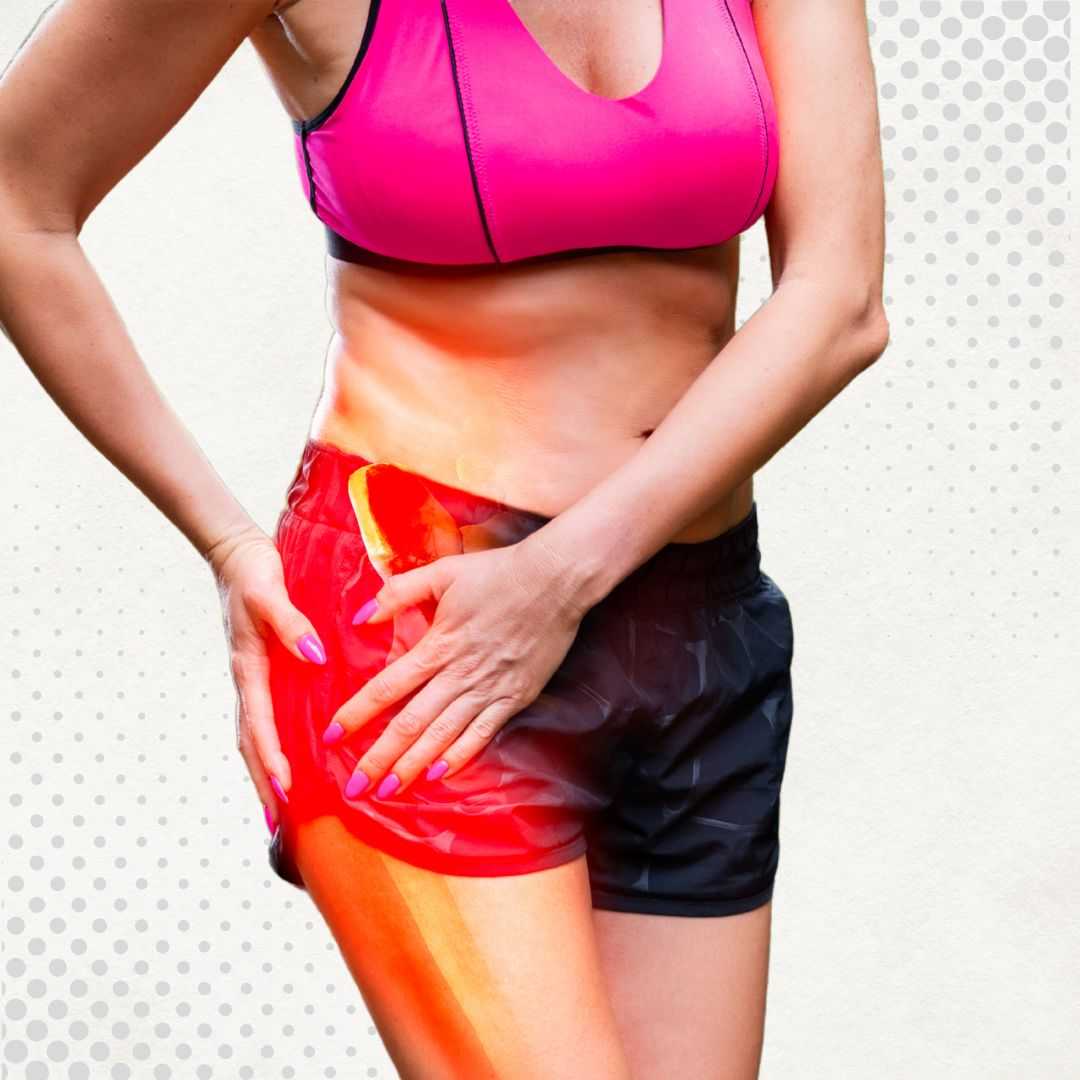
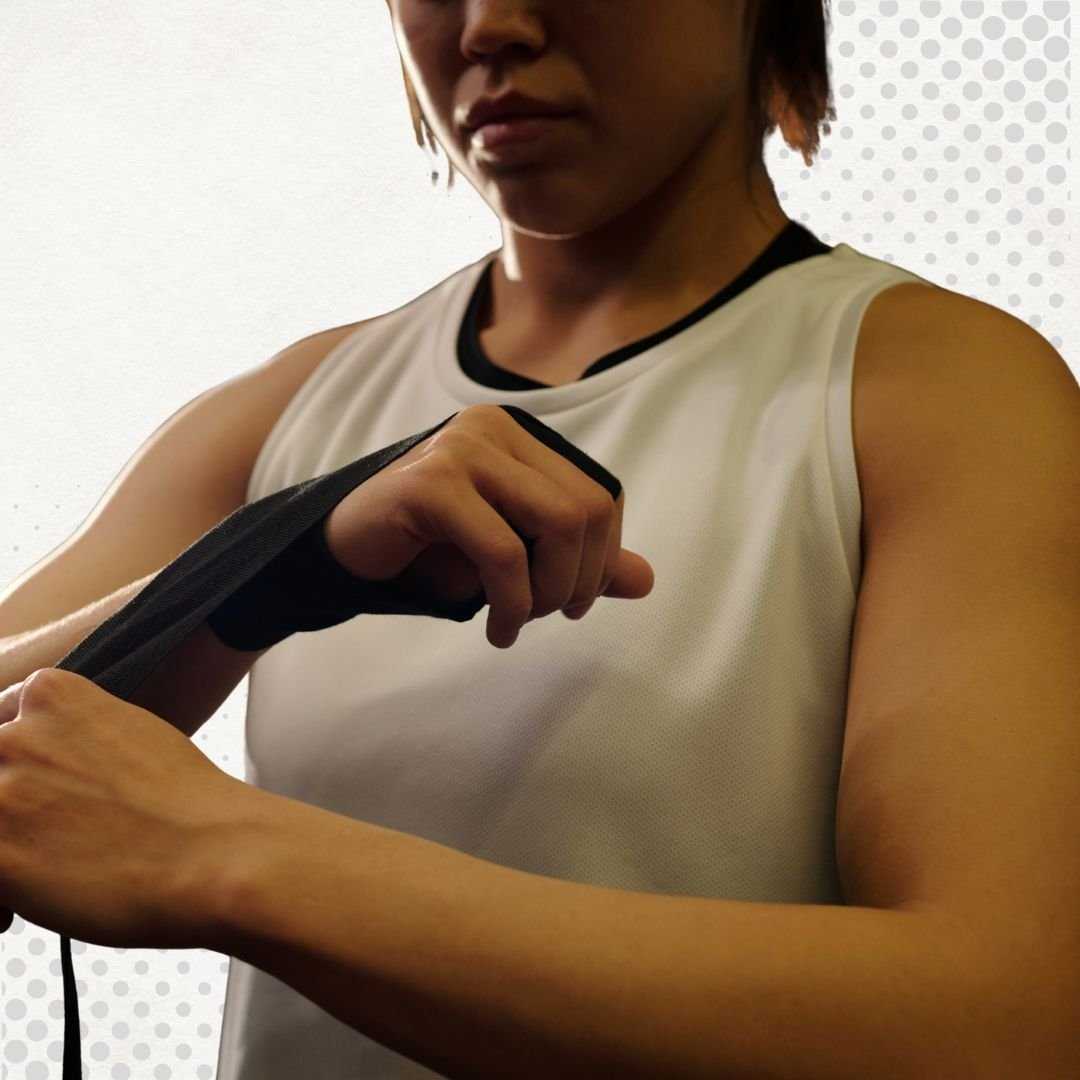
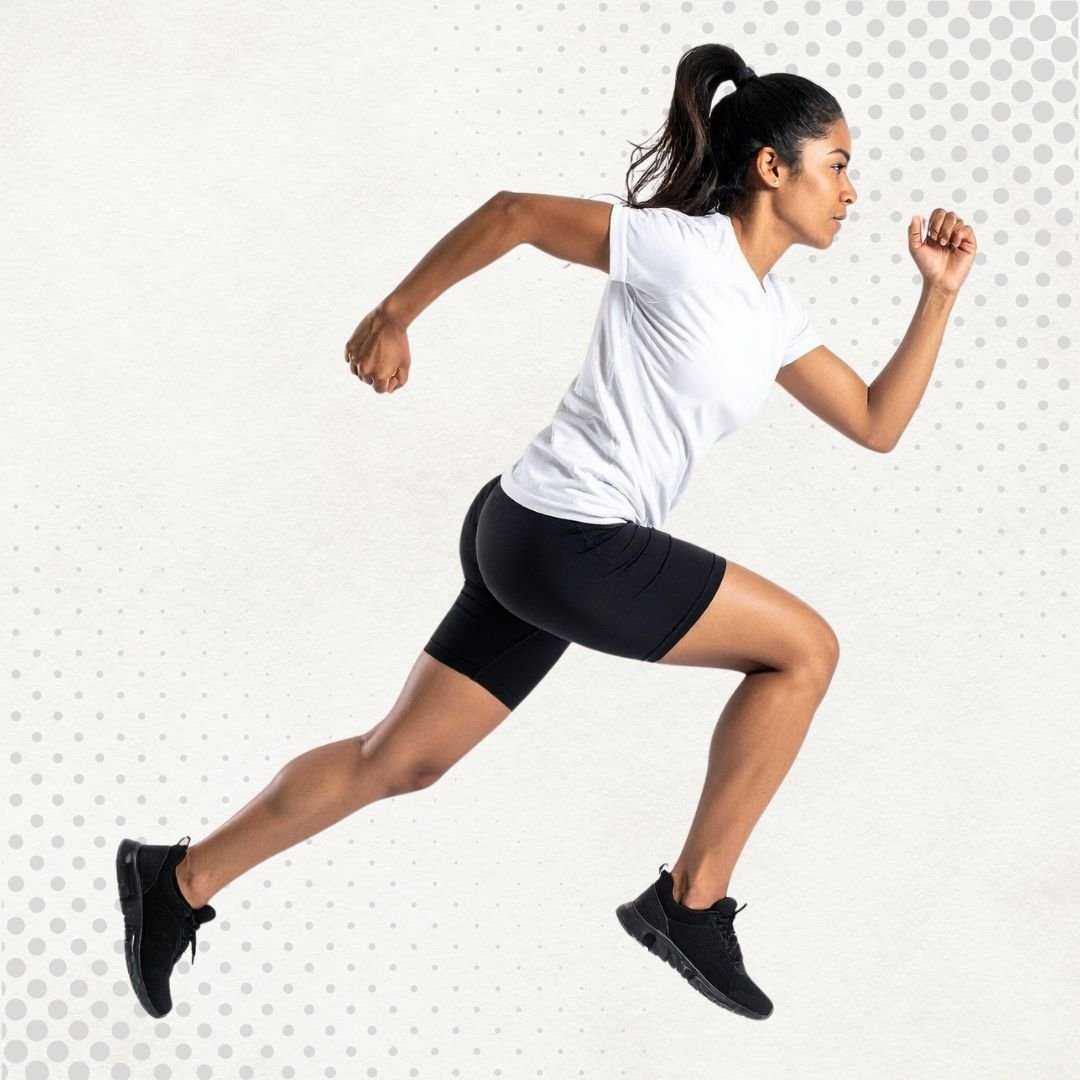
.png)
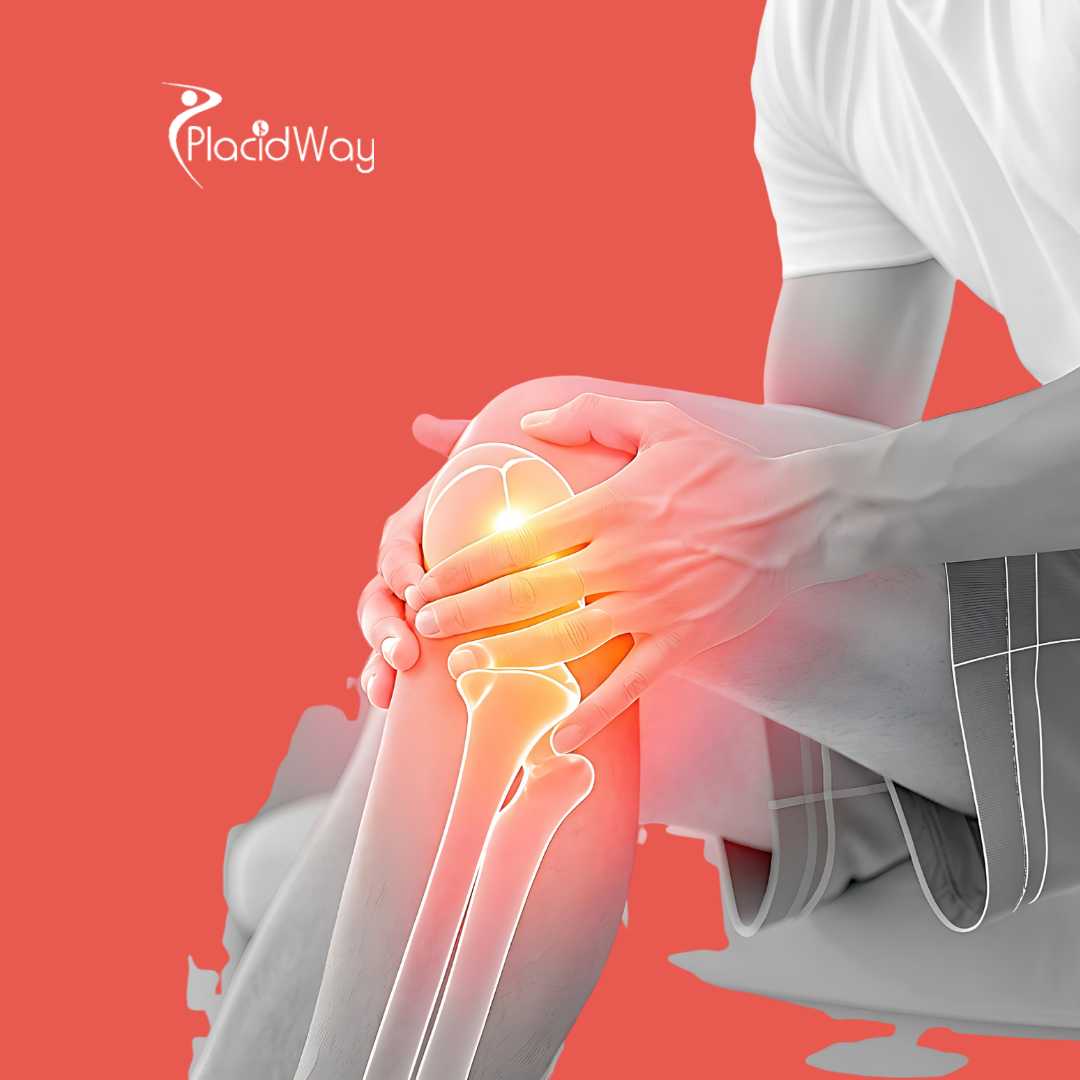
.png)
.jpg)

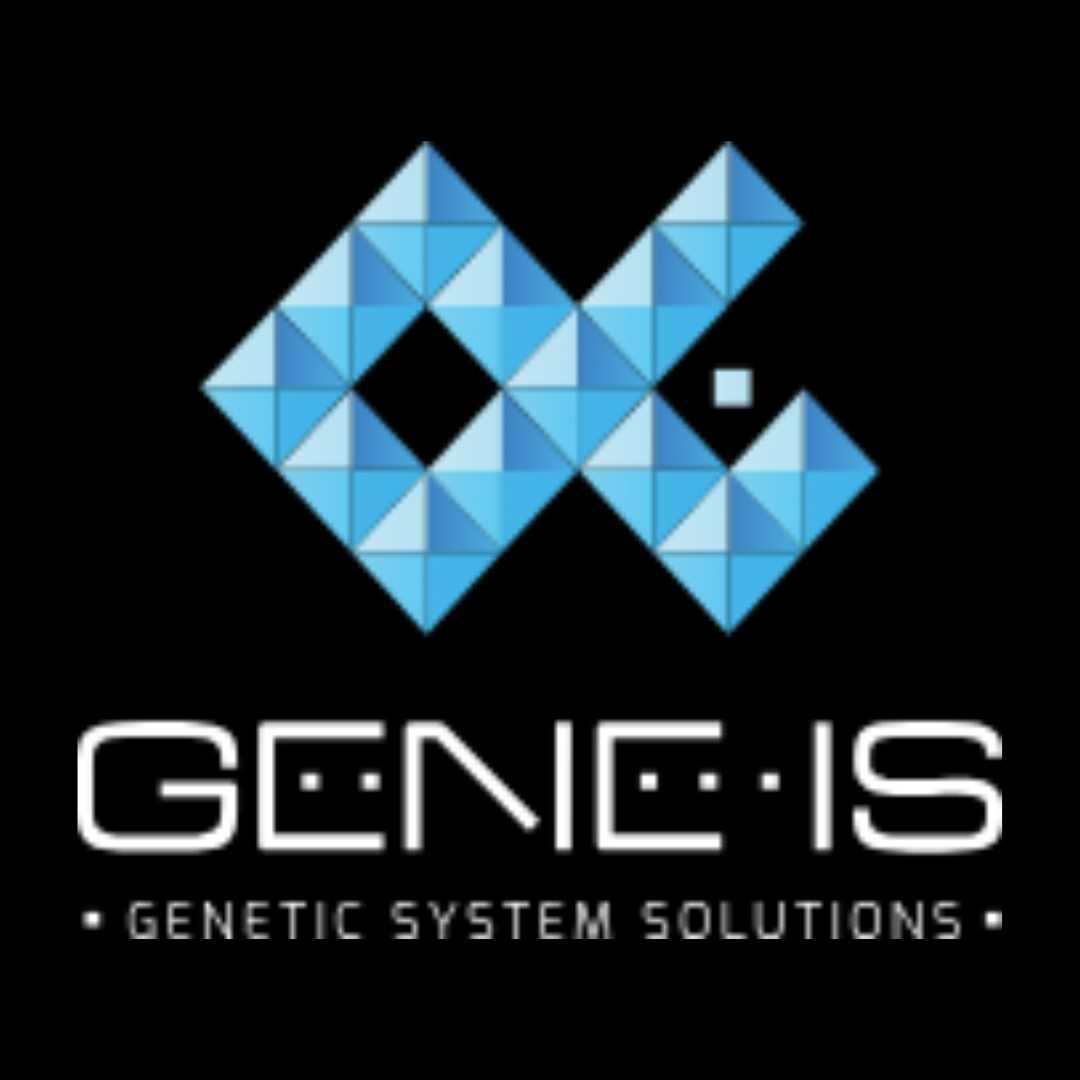
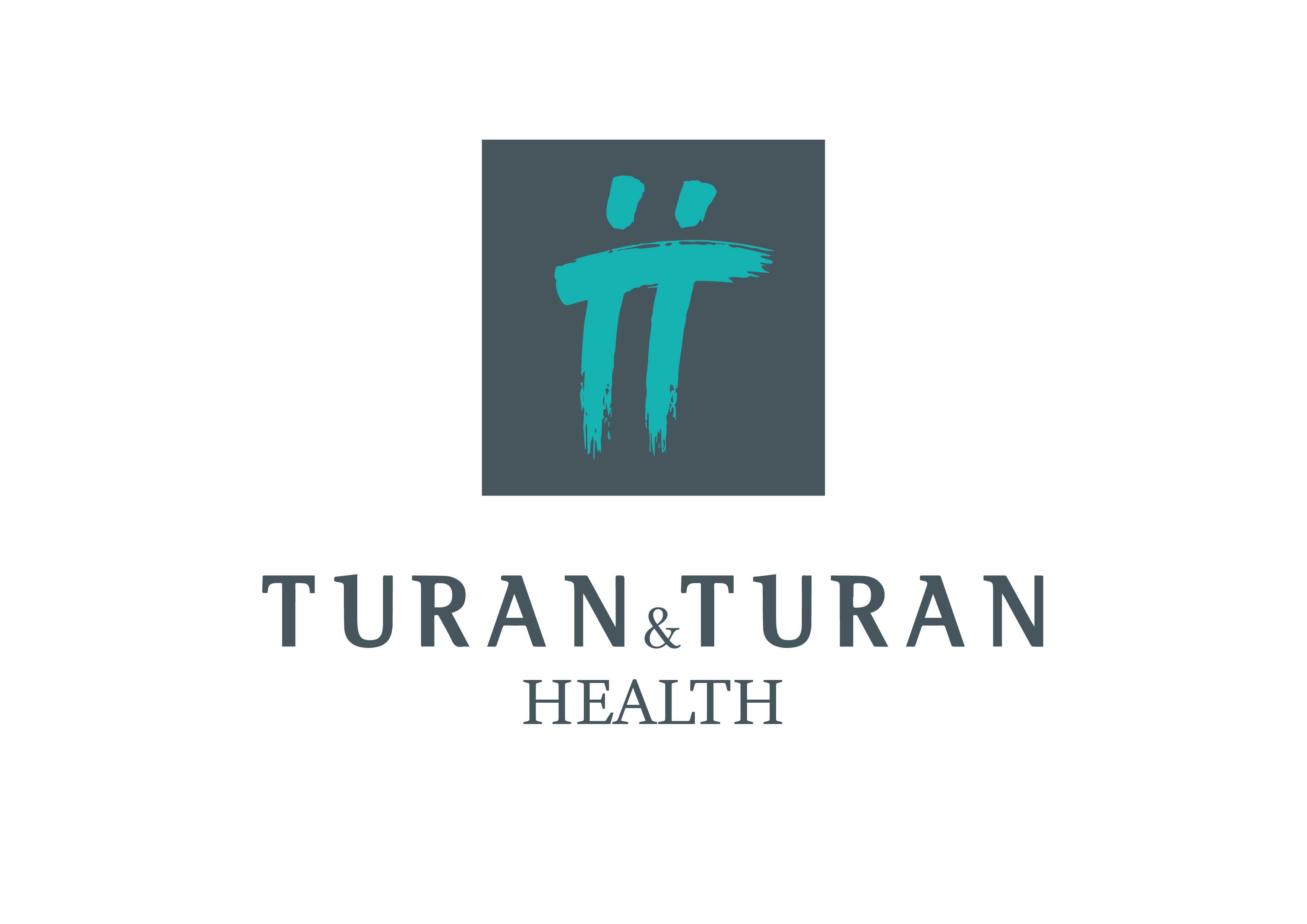
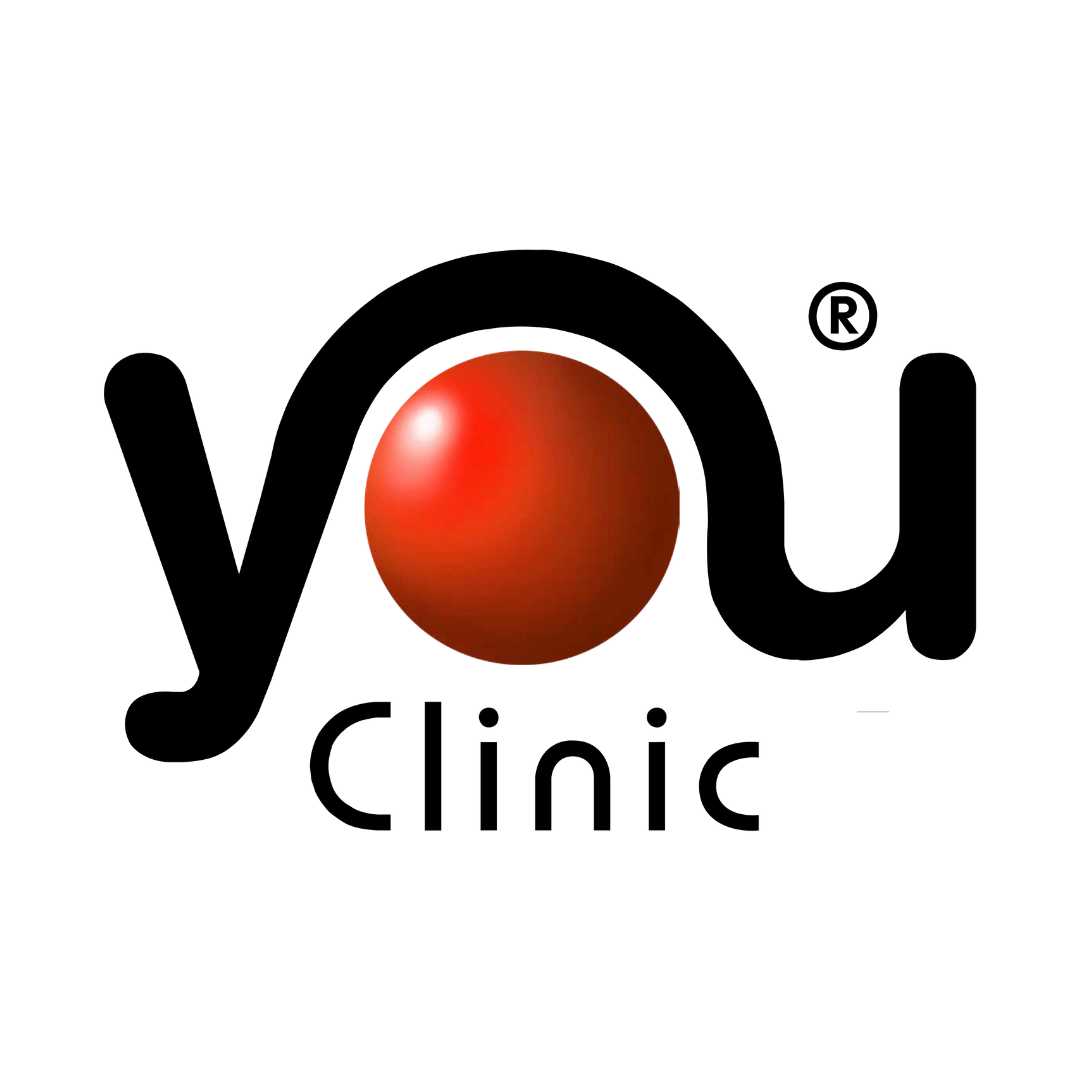

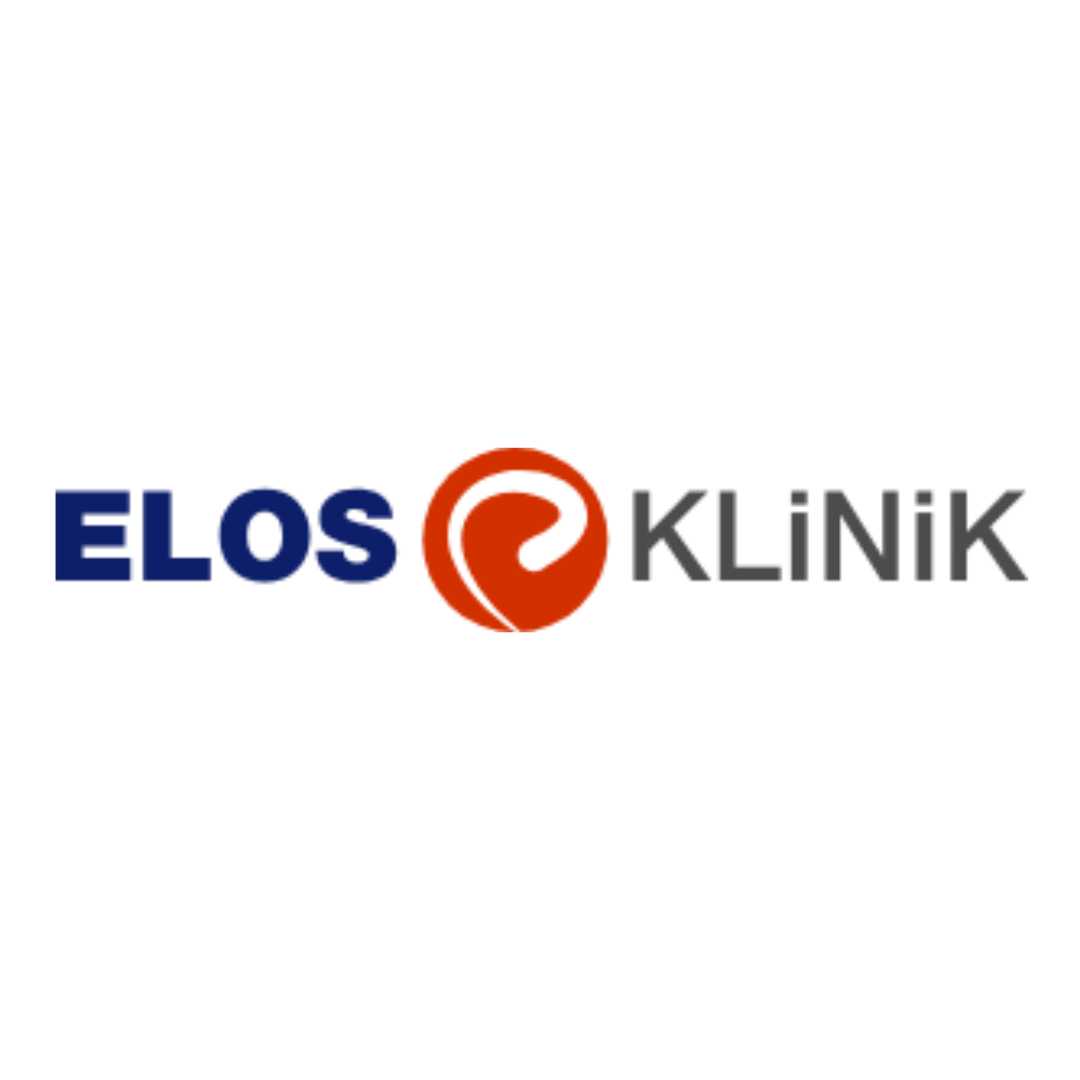

Share this listing